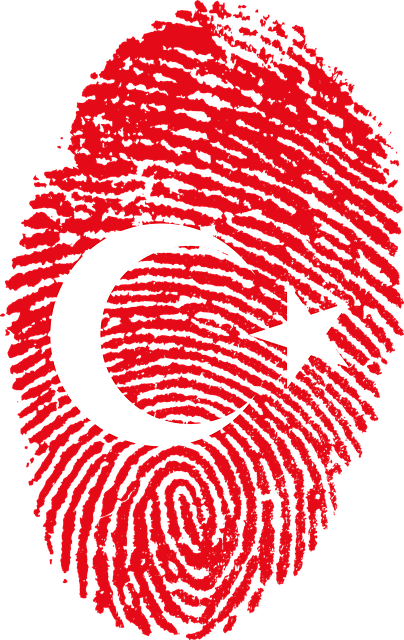Merhaba!
How many people in the world speak the Turkic language? Let’s make a guess!
If we tell you that it is nearly 220 million people, will you surprise? We did when we first learned.
What about the number of people speaking Turkish as a native language?
Iraq, Iran, Syria, Georgia, Greece, Bulgaria, Macedonia, Kosovo, Albania, Eastern Europe, Balkans, Caucasus… It is said that there are nearly 83 million people who speak Turkish as their native language.

Also, some of the countries with the highest number of Turkish immigrant communities are Germany, the Netherlands, France, Austria, the United States, Belgium, Switzerland, and Australia.
Turkish being a widely spoken language makes learning Turkish attractive for communicating, collaborating or trading in various fields. Many people want to be in touch with Turkish business people or to communicate with local people during vacation. On the other hand, many international students study in Turkey and lately, Turkey has developed significant strategies for international students.
The Turkish institutions such as the Presidency for Turks Abroad and Related Communities (YTB) and especially Yunus Emre Institution carry out important studies on the teaching and dissemination of Turkish. Turkey is taking decisive steps with a strategic approach.
With this approach, academic researches on teaching Turkish as a foreign language have gained importance and graduate programs were opened in this field. Every year, symposiums and congresses are held and it is discussed how to teach Turkish better. Students and academicians who could not find any printed publications in the past have been shedding light on the field with their qualified publications for several years.
Nevertheless, the number of instructors and academicians specialized in teaching Turkish as a foreign language is quite limited. Generally, students and academicians from the field of Linguistics are aware of the importance of this subject and carry out researches. It is necessary to support those qualified studies to motivate researchers to produce more.

While the academy is working on this issue, it is seen that the Education sector has started to gain awareness of the teaching of Turkish as a foreign language. Especially in recent years, private language courses have started to offer Turkish courses for foreign learners and they are pleased with the interest of those who want to learn Turkish. However, private language courses are limited in quality and quantity. Even those who offer qualified language education have difficulty to reach students from all over the world.

